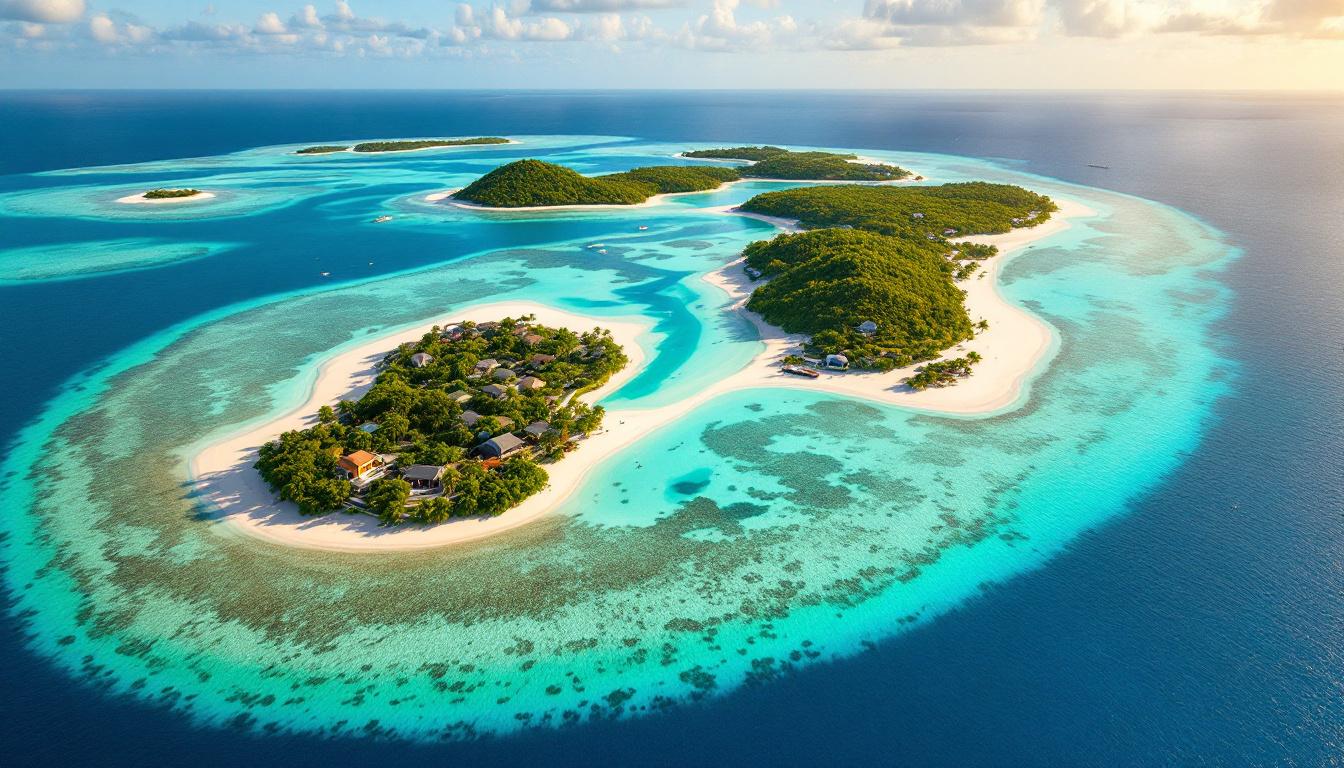The charter plane banks sharply over turquoise waters, revealing something extraordinary below. While Aruba’s Eagle Beach hosts thousands of visitors daily, this Venezuelan archipelago remains virtually untouched. Los Roques spreads across the Caribbean like scattered emeralds, its 350+ pristine islands offering what overcrowded destinations have lost forever.
I discovered this place during Venezuela’s political chaos, when most travelers avoided the country entirely. That accidental timing created the most authentic Caribbean experience I’ve ever encountered. The isolation that keeps crowds away has preserved something magical that resort islands destroyed decades ago.
After visiting both destinations extensively, the comparison isn’t even close. Los Roques delivers everything Aruba promises, but with 70% fewer crowds and authentic Venezuelan hospitality that no resort chain can replicate.
The accidental discovery that changed everything
When flight delays became the best mistake ever
Missing my connection to Curaçao in Caracas led to an unexpected conversation with a Venezuelan pilot. He mentioned Los Roques like sharing a family secret, describing waters so clear you can see 30 feet down without scuba gear. That spontaneous charter flight decision transformed my understanding of what Caribbean paradise actually means.
The moment pristine actually meant pristine
Stepping onto Gran Roque’s powder-white sand revealed the stark difference immediately. No beach vendors, no jet ski rentals, no concrete resorts blocking the horizon. Just 600 local residents living in colorful houses, managing their small posadas with genuine warmth that felt like visiting distant relatives rather than checking into tourist accommodations.
What I found that guidebooks never mention
Mangrove sanctuaries hiding juvenile tarpon
Local fisherman Carlos guided me through hidden channels where baby tarpon shimmer in shallow lagoons. These protected nurseries remain off-limits to casual visitors, accessible only through relationships built over multiple visits. The trust required creates experiences impossible to purchase at any resort destination.
All-inclusive posadas that actually include everything
For $120 daily, posada packages cover accommodation, three fresh seafood meals, boat transfers to virgin beaches, and airport pickup. Compare that to Aruba’s average $400 resort rates that nickel-and-dime every activity. Venezuelan hospitality means your hosts become invested in creating memories, not maximizing revenue.
The transformation that surprised me most
From Instagram hunter to digital detox convert
Initially frustrated by spotty WiFi, I gradually embraced the disconnection. Watching Cayo Francisqui’s sunset without photographing it felt revolutionary. The absence of social media pressure allowed genuine appreciation of moments that Jamaica’s cliff diving crowds never experience during their hurried selfie sessions.
Rediscovering what luxury actually means
True luxury isn’t marble bathrooms or champagne service. It’s having entire beaches to yourself, hearing only waves and wind through mangroves, eating lobster caught hours earlier by your posada owner’s brother. This authenticity makes Aruba’s manufactured paradise feel hollow and expensive.
Why I’ll never travel the same way again
The environmental revelation that matters
Los Roques’ coral reefs thrive because strict visitor limits prevent the damage plaguing mass tourism destinations. Swimming among healthy coral formations reminds you what Caribbean marine ecosystems looked like before resort development. This ecological integrity becomes addictive once experienced.
Community tourism that actually works
Unlike San Andrés’ overdevelopment struggles, Los Roques residents control tourism growth through limited posada licenses. This community-managed approach ensures authentic experiences while protecting local culture. You become part of a sustainable model rather than contributing to destination destruction.
Planning your authentic Caribbean discovery
How often do people visit Los Roques?
Most visitors discover Los Roques through word-of-mouth recommendations. Peak season runs December through April, though September offers perfect weather with even fewer crowds.
What makes Los Roques different from other Caribbean islands?
Los Roques remains the only major Caribbean archipelago with zero resort development. All accommodations are locally-owned posadas, creating authentic community-based tourism that benefits residents directly.
Is Los Roques safe for international travelers?
The archipelago operates independently from mainland security concerns. Local authorities maintain safe conditions, and the tight-knit community looks after visitors like extended family.
Los Roques taught me that authentic paradise still exists, protected by circumstances that keep casual tourists away. While others crowd into Aruba’s manufactured experiences, this Venezuelan jewel preserves what Caribbean travel was meant to be. The political barriers that discourage most visitors have accidentally created the region’s last unspoiled sanctuary.
